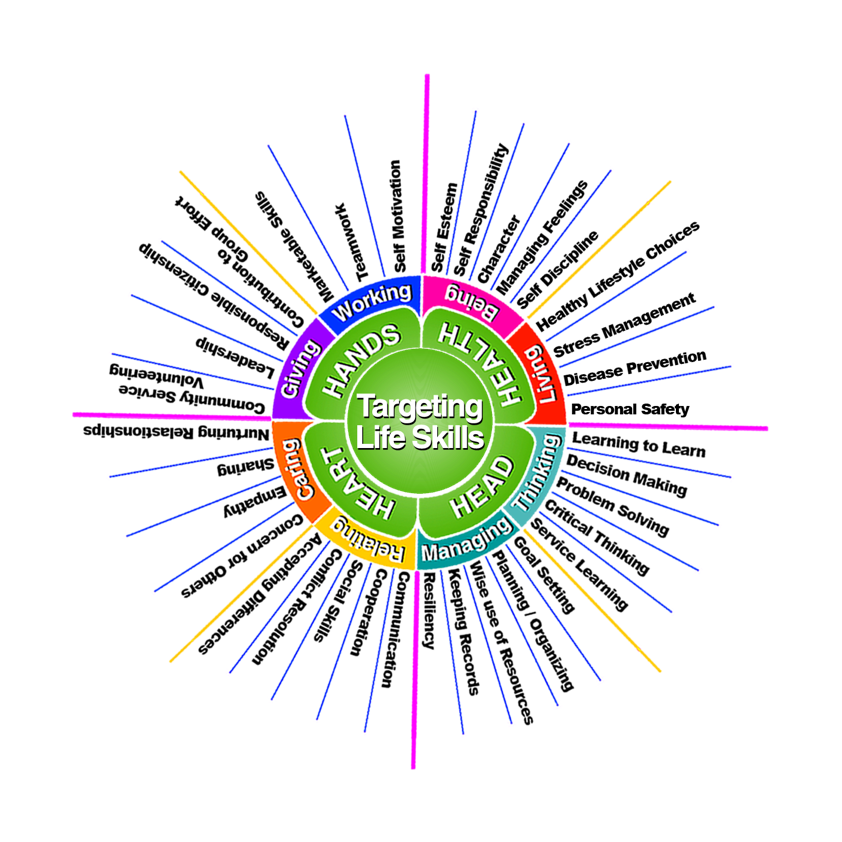The Impact of 4-H on Youth and Community
The new 4-H year is upon us which brings so many new things. New families, new opportunities and new energy. There is a lot of excitement and anticipation for what our youth will learn, accomplish, and experience in the coming year. If you are unfamiliar with the 4-H program and all the wonderful and positive opportunities it holds for youth development, you might find the following information interesting.
The mission of 4-H is “to give all young people access to opportunity”. 4-H is a community of more than 100 public universities across the nation that provides experiences where young people “Learn by Doing”. Kansas State University, a federal land grant university, administers the 4-H programs in the state of Kansas. For more than 100 years, 4‑H has welcomed nearly six million young people of all beliefs and backgrounds to learn skills that make their lives and communities better.
In 4‑H, youth participate in hands-on projects in areas from visual arts, performing arts, STEM, shooting sports, foods/nutrition, fiber arts, agriculture, civic engagement, leadership and much more. Kids experience 4‑H in every county in the country through in-school and after-school programs, school and community clubs and 4‑H camps. 4‑H reaches youth in every corner of America, from urban neighborhoods to suburban schoolyards to rural farming communities.
4-H believes in:
- Developing young people who are empowered, independent, resilient, confident, hard-working, determined, responsible and compassionate.
- Developing life-long skills to succeed in college and career.
- Ensuring access for all.
- Creating safe, diverse, and inclusive environments.
- Practicing positive youth development by creating mpactful learning experiences.
- Developing relationships with caring and trusted adult mentors who cultivate positive relationships with youth.
4-H instills a sense of community in youth which in life carries over to adults that are passionate about their communities and want to make life-long contributions. 4‑H empowers young people to be true leaders. True leaders are young people who have confidence, know how to work well with others, can endure through challenges, and will stick with a job until it gets done.
For more than 10 years (2002-2014), 4‑H partnered with Tufts University to study the effectiveness of its youth development programs. More than 7,000 adolescents from diverse backgrounds across 42 states were surveyed. The study found that 4‑H’s unique hands-on approach gives youth the opportunity to learn by doing and build life skills. Results from the survey showed 4-H'ers are four times more likely to make contributions to their community, two times more likely to be civically active, two times more likely to participate in science, engineering, and computer technology programs during out-of-school time, and two times more likely to make healthier choices. Also, 4-H girls are 2-3 times more likely to take part in science programs compared to girls in other out-of-school-time activities.
Research has shown that 4-H programming can be utilized to promote the development of life skills because adolescence is a time in which lifelong habits of mind and behaviors are established. The Targeting Life Skills model (see image), developed by Patricia Smith (Hendricks) of Iowa State University in 1996, served originally as the foundation for the development of Tennessee’s Innovative Programming Priorities for 4-H (TIPPs for 4-H). Due to its effectiveness and utility, this model has been widely accepted for use in other states to set goal outcomes in 4-H programs throughout the country.

The new 4-H year began on October 1. If you or a youth in your life is interested in joining Johnson County 4-H, as a member or an adult volunteer, please visit the Johnson County KS 4-H website, call us at 913-715-7000, or email us at joco4-H@jocogov.org to get started or for questions.
Sources: